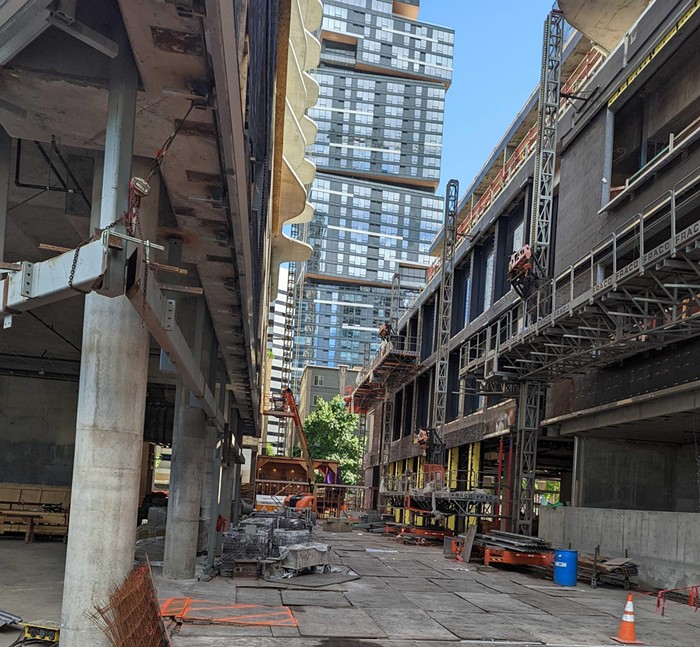
A study (Heavy Housing-Burden) published today by ABODO, an online apartment listing marketplace, has found that the places people want to live, the major cities of America, have become big burdens for renters earning standard incomes. Seattle, a very rich city with lots of rich people, is not as burdensome as, say, New York City or Miami, but still 47 percent of its renters were found to devote more than 30 percent of their income to the roof over their heads. According to the U.S. Department of Housing and Urban Development (HUD), a household is burdened when it sends 30 percent of its income to a landlord.
Writes Sam Radbil of ABODO:
Most of us have been told, "don't spend more than 30% of your income on rent." But at ABODO, we wondered if this is even possible with today's ridiculously high rent prices. To find out, we performed an analysis on the 100 metro areas with the most renters, to see how many people are actually facing a cost burden by spending more than 30% of their income on rent.
The fact that Seattle ranks 78 out of 100 major American cities cannot be disconnected from the fact that many of its poor and working class citizens left the city for cheaper, peripheral locations. But if rent continues to rise, even those with impressive paychecks will find most of it not going to trips, to savings, or to gifts for loved ones—but to the hand of the landlord. The real tragedy in all of this is the amount of misery and existential suffering that high rents cause. This feeling of insecurity (the constant need for more money, the pressure to borrow and to borrow, the fear of the streets) is a form of oppression that has serious and costly health consequences.
Consider this: The anthropologist Robert Sapolsky makes an important distinction between life-threatening stress and non-life-threatening stress. The latter, which usually affects social animals like humans (worrying about money or your bad boss or your relentless landlord) "can have devastating consequences to your health." Sapolsky:
If you turn on the stress response chronically for purely psychological reasons, you increase your risk of adult onset diabetes and high blood pressure. If you're chronically shutting down the digestive system, there's a bunch of gastrointestinal disorders you're more at risk for as well.
And it is the public, not those enjoying profits, who pay for these rent-related health costs. As I have pointed out before, capitalism is not just about making profits but, more importantly, protecting them from these costs. Capitalism in truth can't pay for itself. It needs a state and public to cover its massive losses.















